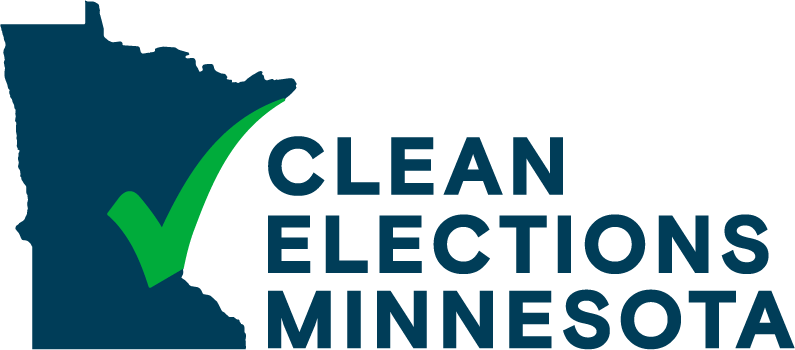Every ten years, after the census, the Minnesota legislature is responsible for drawing new legislative and congressional districts in our state. While redistricting might sound like a ministerial duty, it is anything but. As it stands, drawing new lines produces a partisan political battle as legislators seek to preserve their seats and help their political party dominate the legislature. In 2010 the DFL proposal would have extended Rep. Paulsen’s 3rd district into more DFL friendly suburbs to the east and the Republican proposal would have stacked the northern 7th and 8th districts horizontally rather than vertically. The consequence of a failure to agree led to expensive litigation in the courts, along with delay, in order to produce a map.
Gerrymandering is the practice of drawing electoral districts in an irregular fashion for partisan gain. It results in mostly safe districts which disenfranchises citizen votes and discourages citizen participation. It is the chief cause of gridlock in our state legislature and in Congress. At a time when democracy is under attack in our country, it is important to do all we can to encourage political competition and respect the will of the people. Legislators have little incentive to compromise when they come from safe districts which accounts for the failure of the Minnesota legislature and Congress to get its work done in recent years. Competitive districts will increase voter turnout and attract qualified challengers.
The fact is that legislators have an inherent conflict of interest in redistricting since they cannot reasonably be expected to draw boundaries that affect their reelection adversely. In a similar conflict of interest, MN legislators historically have set their own salaries. The legislature recognized that conflict last year when it asked voters to approve an amendment to the state Constitution to create an independent commission to set legislative salaries. The amendment passed with a resounding 76% in favor. There is little doubt that voters would also be in favor a redistricting plan that minimized partisan influence. That is what has happened in other states, such as Arizona and California, when independent commissions to set boundaries were approved by referendums.
However, bills are moving through the legislature (S.F. 86, H.F. 314) that would prohibit any body other than the legislature from being involved in redistricting. In other words, it will be the same old partisan battle with the same disastrous results for democracy. Competing bills (S.F. 370, H.F. 246) that would create a citizen commission composed of retired judges to advise the legislature on a fair redistricting plan are also being heard. This proposal would favorably impact the political nature of our present system and result in a fairer outcome without a need to resort to the courts.
Redistricting is one of the building blocks of democracy. It deserves a process that recognizes its importance in our system of government. We need an outcome that encourages legislative cooperation and that does not encourage extreme positions that do not reflect the will of Minnesotans. If our legislators hear from the public that this is one of the most important issues this session, S.F. 86 could be defeated or amended to include the process in S. F. 370. The look and effectiveness of the legislature after 2020 hangs in the balance.


